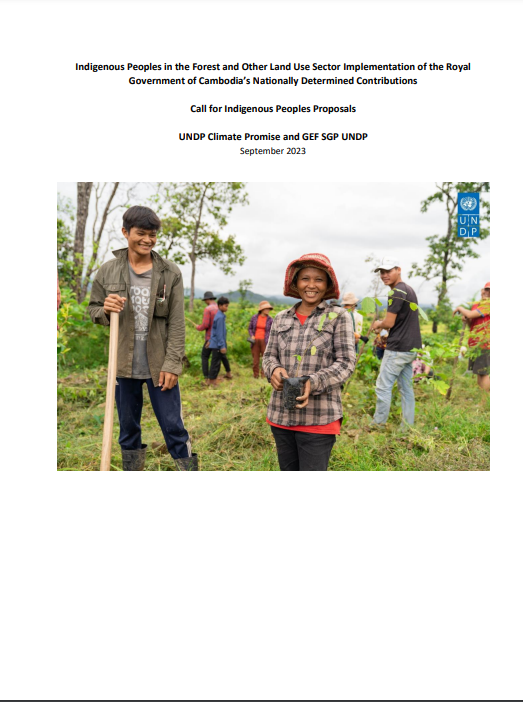Securing Land Rights for Indigenous Peoples in Cities
Publication Year: 2011
Author(s): United Nations Human Settlement Programme (UN-HABITAT)
Abstract:
Land and property rights of Indigenous peoples are reviewed in the context of urbanization, including migration and urban expansion. In terms of migration, the key areas of concern explored are: dispossession of lands, resources and territories by States, forced eviction and displacement caused by development, lack of recognition of Indigenous land tenure systems, environmental concerns (including climate change and natural disasters), economic factors and armed conflict. Related human rights and states’ obligations related to land and property rights of Indigenous peoples in urban areas are set out. These include self-determination and rights related to land, resources and territories; cultural rights and Indigenous legal systems; property rights; non-discrimination and equality; and economic, social and cultural rights; and those related to natural disasters and Indigenous land rights. The specific rights of Indigenous women, children and persons with disabilities are set out. Specific obligations are identified under the UN Declaration on the Rights of Indigenous Peoples, the Millennium Development Goals and the Habitat Agenda. This is followed by an examination of how policy-makers can implement effective land and property policy for, and/or by, Indigenous peoples in urban areas. Overriding principles are provided along with recommended actions for national, local and Indigenous governments. This is followed by a list of annotated resources, a policy checklist, and a list of “do’s and don’ts” for easy reference.
Publisher/Organisation: United Nations Human Settlement Programme (UN-HABITAT)
Theme: Indigenous People | Subtheme: Community Rights
Related Documents
Training Materials

Abstract:
This is a guiding document for Indigenous Peoples Organisations (IPOs), local NGOs (LNGOs) and... Read More
Reports
Indigenous women, daughters of Mother Earth
Published Year: 2020
Abstract:
There are 476 million indigenous peoples around the world, constituting 6.2 percent of the glo... Read More



